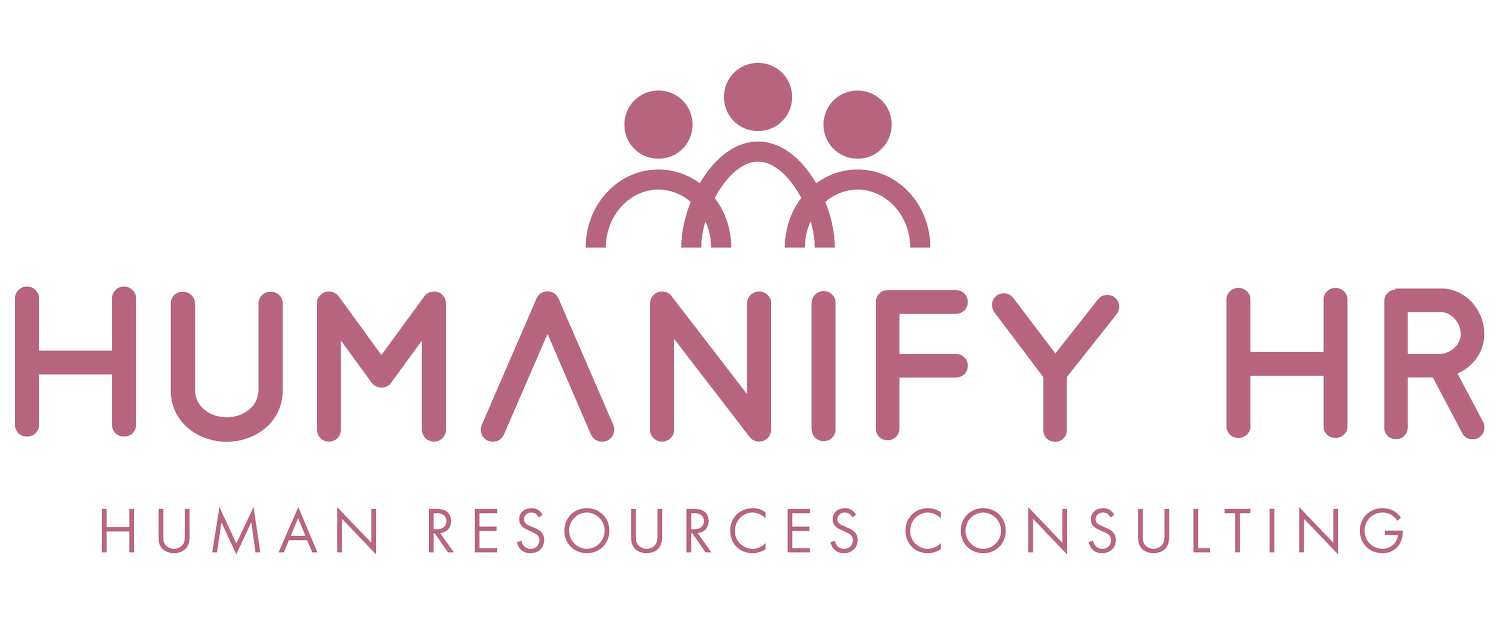Understanding perfectionism
Written by: Sarah Queenan, Managing Director – Humanify HR Consulting
I’ve never coached a leader who didn’t want to be the best that they can be. The gap often exists between the thought or intention and the skills and leadership capability required to apply the intention to the complex reality of the modern workplace.
Many leaders can suffer with perfectionism, that ultimately prevents them from learning and growing. I know this all too well, as a senior leader early in building my corporate career, combined with my legal training – I was once a perfectionist. I had to go on a journey to free myself from perfectionism and it was easier said than done.
Leaders can confuse perfectionism with drive and striving for delivering excellence. When perfectionism is the opposite of healthy achievement.
Perfectionism is common, particularly in our modern workplaces. Our systems of work are set-up to reward and reinforce perfectionistic traits of leaders. Mistakes in our fast-paced workplace environments are frowned upon. Errors are costly. Those leaders that can deliver accurate, exceptional and efficient outcomes are often those that are promoted and rewarded.
For this reason, it can be quite challenging as a leader to embark on a behaviour change journey to free us from perfectionism. For many leaders within this system, they will see perfectionism as one of the key reasons for their success. This is why it can be so hard to disconnect ourselves from perfectionism, as over time we come to see it as the reason for our success.
Why as a leader would I want to be less perfectionistic when it is the reason I have succeeded at work?
This is a good question, that requires deep self-reflection and analysis. This work can be best completed with a trusted mentor or accredited coach. It can sometimes be hard work and is the reason why many perfectionistic leaders don’t change. They hold onto perfectionism, just like in many cases an addiction. The research tells us that perfectionism is correlated with depression, anxiety, addiction, life paralysis and missed opportunities.
Once you start to better understand perfectionism, it is not unsurprising that perfectionistic traits often come with other mental health conditions. The simple reason is that perfection doesn’t exist, so it is no wonder that many people who are perfectionistic suffer from depression, anxiety and stress. Perfectionistic people set intentions in a false reality of the world, believing the perfect is achievable – and in doing so, they set themselves up for a life of stress and sadness – because perfect is not real.
Perfectionism holds us down, preventing us from reaching our full potential.
Brene Brown, in her research defines perfectionism as:
Perfectionism is a self-destructive and addictive belief system that fuels this primary thought: If I look perfect and do everything perfectly, I can avoid and minimise the painful feelings of blame, judgement and shame.
The work of Brene Brown in this area helps us to dismantle the views we hold about perfectionism, explaining what it is not:
1. Perfectionism is not the same as striving for achievement and excellence
2. Perfectionism is not about healthy achievement and growth
3. Perfectionism is a defensive move
4. Perfectionism is not the self-protection we think it is
5. Perfectionism is not self-improvement
6. Perfectionis is, at its core, about trying to earn approval
7. Perfectionism is other focused: what will people think??
8. Perfectionism is a hustle that costs us LOTS of energy
9. Perfectionism is not the key to our success
10. Perfectionism prevents us from achieving our full potential
11. Perfectionism doesn’t help us avoid shame, it ultimately creates more shame
These are all great starting points above; to help you challenge the role perfectionism is playing in your life. It is a brave thing to do, to seek to better understand perfectionism with the view to reducing the harmful impact it might be having on you, your team and ultimately your organisation.
More information
Are you looking for some support in better understanding perfectionism? Contact us at hello@humanifyhr.com.au to see how we can help through our tailored coaching programs. To be the first to know about our useful insights and workplace resources, you can subscribe to our mailing list here.
Disclaimer: The material contained in this article is provided as general information only. It is not, nor is intended to be legal advice. If you wish to take any action based on the content of this article, we recommend that you seek professional advice that considers your specific context, needs and requirements.


